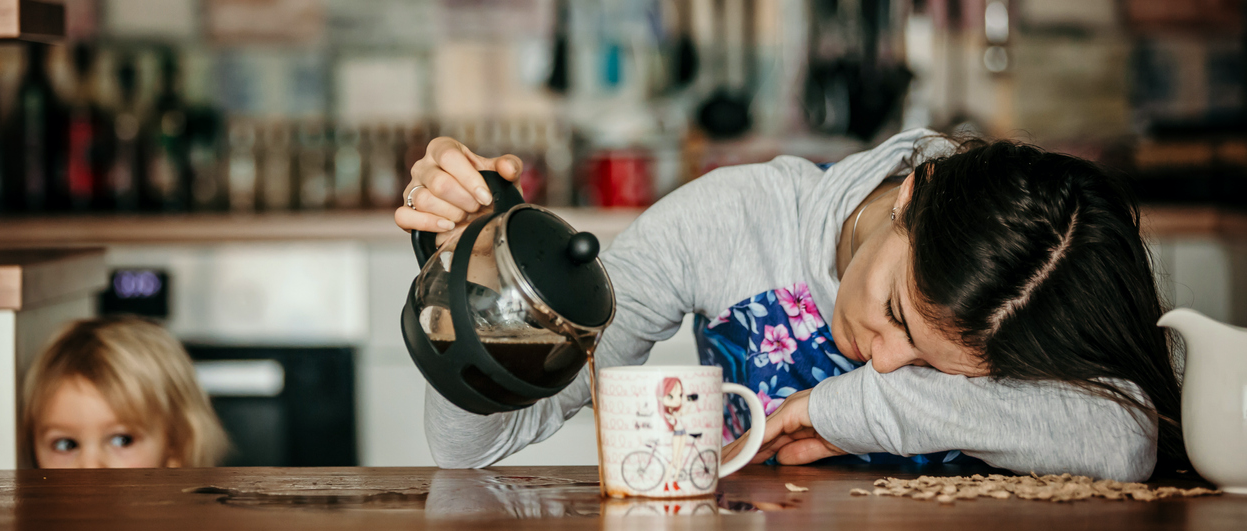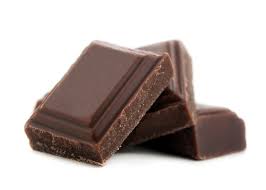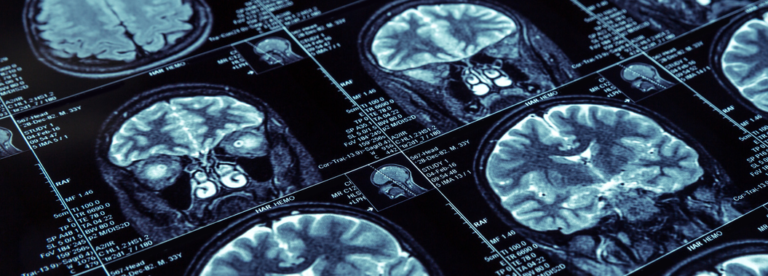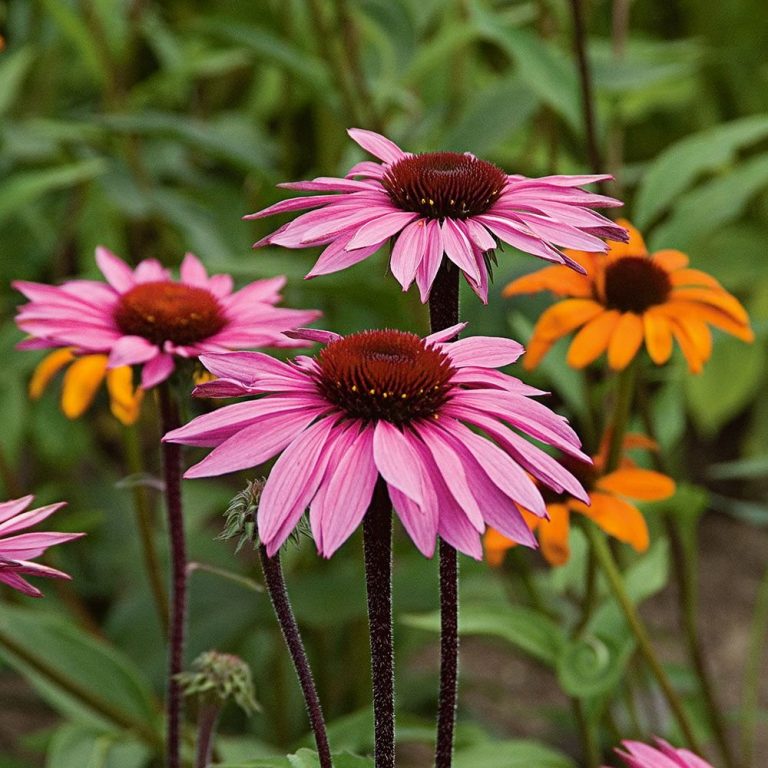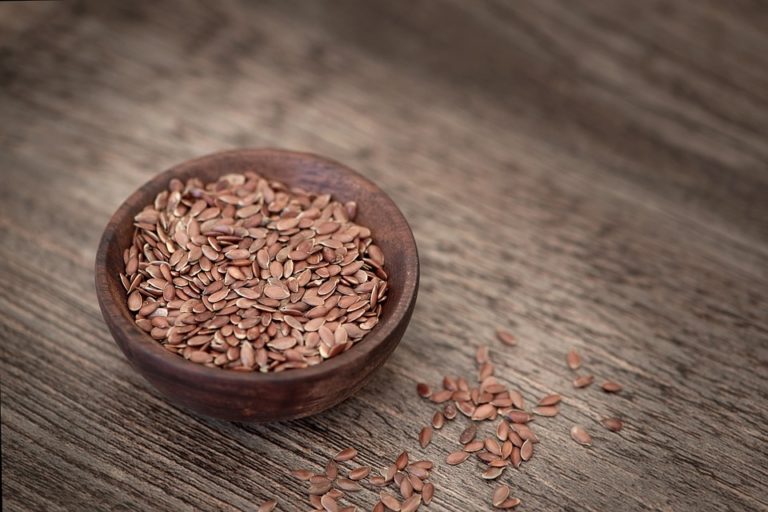What’s Causing My Insomnia? (And How to Fix it)
We all know sleep is important — yet insomnia remains one of the most common health conditions in the Western world.
A recent study by the University of Pennsylvania estimates that roughly 25% of Americans suffer from insomnia every year.
Lost sleep has a significant impact on our mood and performance. Even mild insomnia has been associated with reduced cognitive function in the short-term and increased risk for Alzheimer’s and dementia over the long-term.
Here, I’ll cover the three different types of insomnia — along with some tips on how to tell what type you may be experiencing and a few herbs that may offer support.
What Are the Risks of Prescription Sedatives?
The conventional treatment for insomnia is prescription sedatives. The most common prescriptions are benzodiazepines (Xanax, Klonopin, or Valium) or antihistamines (Diphenhydramine).
While these medications do work for getting you to sleep — they’re far from perfect.
Benzodiazepines, in particular, are highly addictive — potentially leading to dependency and addiction in as little as 2-weeks.
Research has also correlated benzodiazepine use with a higher incidence of all-cause mortality and cognitive deficits such as dementia [2].
Long-term antihistamine use has been linked with infertility (in men), and a type of brain cancer called glioma [3].
The bottom line is that while prescription sedatives work — they shouldn’t be relied on for long-term sleep support.
Understanding The Three Types of Insomnia (And Helpful Herbs For Each)
Not all insomnia is the same. There are three main types of insomnia, each with a separate set of potential causes.
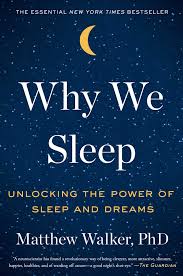
The first step to fixing your sleep issues is to determine what type of insomnia you’re experiencing. From here, we can get a better idea of the potential cause and find an effective, non-pharmaceutical treatment option to correct the underlying problem.
If you want to learn more about insomnia and how it can affect our overall health and wellbeing, check out the book Why We Sleep by Matthew Walker, Ph.D.
1. Sleep-Onset Insomnia
This is the type of insomnia you experience when you can’t fall asleep.
We’ve all experienced this form of insomnia at one point or another. We’re laying in bed, periodically looking over at the clock, counting down the hours left until it’s time to wake up.
This is the most common form of insomnia people experience while under high levels of stress or anxiety — but there are other causes too. You may be excited about an upcoming trip or event or preoccupied about a recent project you’ve been working on.
Potential Causes For Sleep-Onset Insomnia
- Jet lag or circadian rhythm dysregulation
- Chronic stress or anxiety
- Side-effects from medications
- Drinking stimulants (such as coffee) to late in the day
- Exercising in the evenings
Best Herbs For Sleep-Onset Insomnia
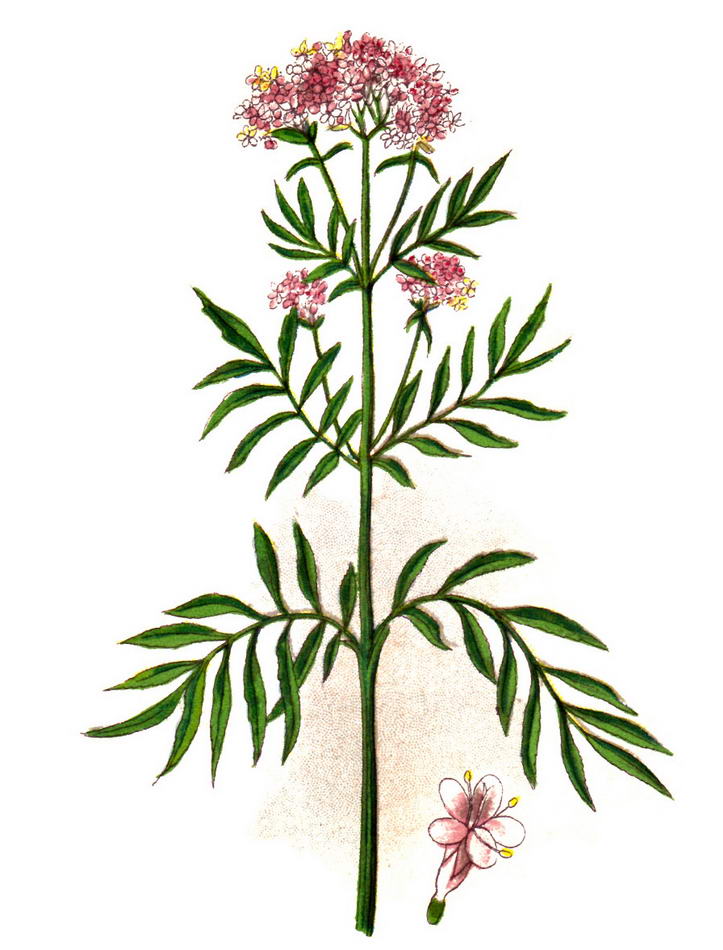
When it comes to using herbs, the best options are those that help relax the mind and prepare it for sleep. Many herbs can do this, but the most reliable I’ve found are passionflower and valerian.
Both herbs target a compound in the brain called GABA — which is responsible for the “rest & digest” function of the nervous system. When GABA is active, we feel more relaxed, brain activity slows, and we’re able to get to sleep more easily.
2. Sleep-Maintenance Insomnia
Sleep-maintenance is the opposite of sleep-onset. This form of insomnia is characterized by difficulty staying asleep.
People experiencing this form of insomnia often find they wake up in the middle of the night or early hours of the morning and usually find difficulty getting back to sleep.
It’s common for people to wake up around the same time every night.
Potential Causes for Sleep-Maintenance Insomnia
- Jet lag or circadian rhythm dysregulation
- Blood glucose dysregulation (diabetes or prediabetes)
- Sleep apnea
- Restless leg syndrome
- Cardiovascular disease
Best Herbs for Sleep-Maintenance Insomnia
One of the best herbs for supporting sleep throughout the night is cannabis. Studies have shown that psychoactive and non-psychoactive cannabis products can increase the amount of time you sleep each night [4]. Non-psychoactive cannabis products include CBD (cannabidiol) oils or capsules. Psychoactive forms include a compound called THC (tetrahydrocannabinol).
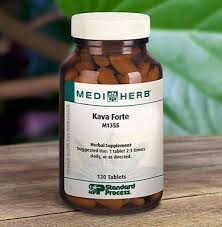
Kava kava is another excellent herb to help you stay asleep longer. Studies have shown kava helps initiate sleep and may even lead to longer sleep duration. It works by promoting GABA activity while we’re asleep, which leads to elevations in delta-brain wave activity [5].
3. Non-Refreshing Sleep
The third form of insomnia isn’t as obvious to detect. With this type of insomnia, you may remain asleep throughout the night — but when you wake up, you still feel tired — almost as if you hadn’t slept at all.
Medically speaking, this is still classified as insomnia, and the impact on the body is similar to the other types.
There are many potential causes for this type of insomnia. It can be challenging to find a specific cause for this form of insomnia, so it’s best to visit your health practitioner to help identify what’s causing this condition for your body individually.
Potential Causes for Unrefreshing Sleep
- Chronic fatigue syndrome
- Restless leg syndrome
- Blood glucose dysregulation
- Heart disease
- Chronic inflammation
- Chronic stress
- Jet lag or circadian rhythm imbalance
- Chronic pain disorders
Best Herbs For Unrefreshing Sleep
The best herbal treatment for this type of insomnia depends heavily on the underlying cause. You’ll need to visit a herbalist to get a more specific recommendation based on other symptoms or underlying health issues.
With that said, there are a few herbs that can help improve the quality of sleep overall.
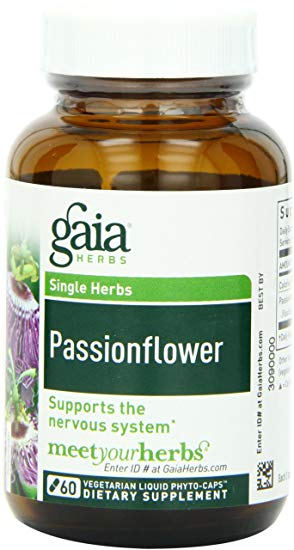
Many of the same herbs that help with the other types of insomnia are also relevant here — such as kava, cannabis, passionflower, and valerian. All four of these herbs promote delta-wave activity in the brain.
Delta-wave activity is highest when the brain is in deep, restorative stages of sleep.
Other herbs can be used to target specific underlying causes that may be interfering with achieving these deeper stages of restorative sleep — such as hawthorn for heart health, gymnema for blood sugar levels, or turmeric for inflammatory conditions.
Final Thoughts: How to Use Herbs For Insomnia
Insomnia is a significant problem in the United States. Even though most people are well-aware of the importance of sleep, few people take the steps necessary to improve or optimize this vital function.
Nearly 25% of people in the United States experience insomnia periodically throughout the year, and more than 6% of the population experience persistent, long-term insomnia all year long.
The first step to correcting insomnia is to identify the type of insomnia you’re experiencing. This can include any combination of difficulty falling asleep (sleep-onset), staying asleep throughout the night (sleep-maintenance), or unrefreshing sleep.
Contact your herbalist to get more specific help for your sleeping issues. They’ll help you identify what type of insomnia you may be experiencing, as well as some of the potential causes for the condition. There are many herbs available that can offer dramatic improvements in your sleep quality and duration over time.
Sources Cited in This Article
- University of Pennsylvania School of Medicine. (2018, June 5). One in four Americans develop insomnia each year: 75 percent of those with insomnia recover. ScienceDaily. Retrieved December 14, 2020, from www.sciencedaily.com/releases/2018/06/180605154114.htm
- Grau-Rivera, O., Operto, G., Falcón, C., Sánchez-Benavides, G., Cacciaglia, R., Brugulat-Serrat, A., … & Iranzo, Á. (2020). Association between insomnia and cognitive performance, gray matter volume, and white matter microstructure in cognitively unimpaired adults. Alzheimer’s research & therapy, 12(1), 1-14.
- Scheurer, M. E., El-Zein, R., Thompson, P. A., Aldape, K. D., Levin, V. A., Gilbert, M. R., … & Bondy, M. L. (2008). Long-term anti-inflammatory and antihistamine medication use and adult glioma risk. Cancer Epidemiology and Prevention Biomarkers, 17(5), 1277-1281.
- Russo, E. B., Guy, G. W., & Robson, P. J. (2007). Cannabis, pain, and sleep: lessons from therapeutic clinical trials of Sativex®, a cannabis‐based medicine. Chemistry & biodiversity, 4(8), 1729-1743.
- Bellesi, M., Riedner, B. A., Garcia-Molina, G. N., Cirelli, C., & Tononi, G. (2014). Enhancement of sleep slow waves: underlying mechanisms and practical consequences. Frontiers in systems neuroscience, 8, 208.

